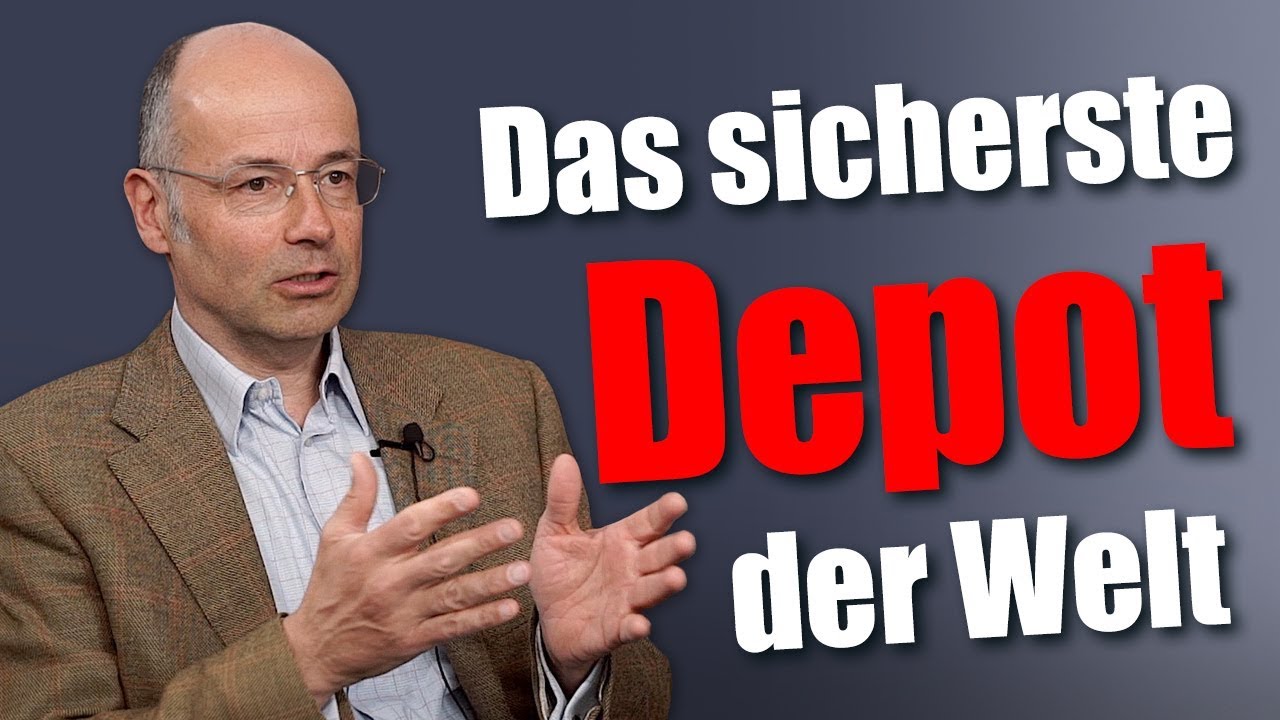Hi Mustachians,
I am interested on your thoughts on Beck’s World portfolio.
Basically he recommends investing in the world stock market, similar to the VT ETF.
However he makes sure the different world regions have an equal p/e ratio instead of being weighted by market capitalisation.
So for example US stocks currently have a p/e ratio of 25, emerging markets on the other hand have a p/e ratio of 10. So the portfolio is tilted in the direction of emerging markets.
His portfolio keeps 20% liquidity reserves in safe goverment bonds (CH, DE, FR, NL). If a market downturn occurs assets will be shifted from the bonds to stocks and once stocks have normalised again the portfolio is rebalanced to 20% bonds, 80% world stocks.
The official global portfolio one has a TER of 0.7% and is still rather small. What I like about the idea is that you can easily put together this type of portfolio yourself.
The holdings are published here:
I’ am slowly shifting my portfolio to match my asset allocation to that of global portfolio one.
I did this by buying VT (World ETF) and then adding VPL (Pacific region) VWO (Emerging Markets) and VGK (Europe) to counterweight the US Portion of VT. If course one call also sprinkle a little VB (Small Cap US) and VSS (Small Cap non US) in to the portfolio.
The US currently makes up roughly 60% of VT, with Global Portfolio one’s equalised p/e it should be around 44%.
The bonds part I replicate by keeping cash in a bank account, should the market drop I still can decide if I want do invest or do something else with the money.
There are numerous videos on youtube where he explains the idea behind the portfolio:
Let me know if you think it is worth the (modest) effort to replicate his approach, or if you just would opt for VT or VWRL.

